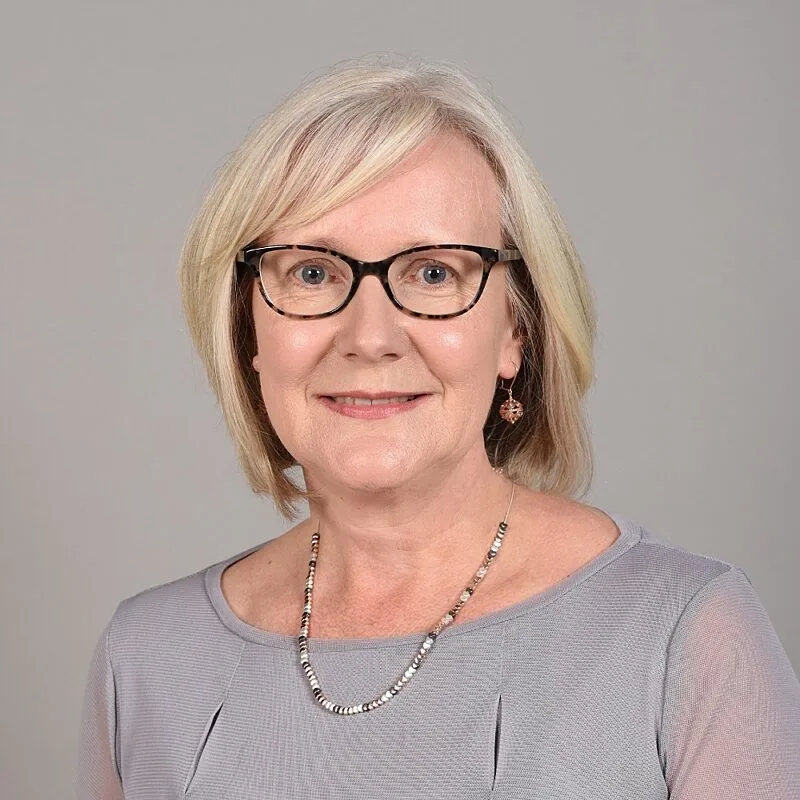Contact Details
Dr Sarah Appleton is a chronic disease epidemiologist and commenced as Senior Research fellow at Flinders University in January of 2019. Prior to this she was working in The Health Observatory (Discipline of Medicine), Adelaide Medical School, The University of Adelaide. She completed her PhD in 2010 in The Health Observatory after working there as research officer across a broad range of laboratory-based basic science and clinical research areas since 1988. She is a Chief Investigator for the North West Adelaide Health Study (NWAHS), a biomedical cohort study established in 2000-01, and supervises/mentors post-graduate students and early career researchers. She is an Associate Editor for the journal Nature and Science of Sleep.
Sarah’s research has aimed to identify clinical phenotypes of people at risk of poor health outcomes in order to inform evidenced based policy for the improved delivery of health services and prevention of chronic disease. Since 2012, she has made contributions to -identifying the burden of undiagnosed obstructive sleep apnea (OSA) in men and its relationship with chronic disease outcomes life in the Men Androgens Inflammation Lifestyle Environment and Stress (MAILES) study as the most productive epidemiologist investigating the co-morbidities of OSA in Australia. Given the size of the population at risk of OSA related health problems that her work has identified, current research projects aim to better identify who actually is at risk and require treatment. This will involve the investigation of whether electrophysiological signals (EEG and ECG) on sleep studies (power spectral analysis, heart rate variability) improves risk stratification. Her partners include collaborators at The University of Adelaide based at SAHMRI, the Woolcock Institute at Sydney University and sleep researchers from the Swiss HypnoLaus Study (Lausanne University Hospital). Her major goal will be the acquisition of research funds to investigate women participants of the NWAHS as to date women are far less likely to be diagnosed with OSA than men and are vastly under-represented in OSA research studies despite recent findings suggesting a quarter of women may be affected by OSA.
Find out more about Sarah's research outputs, qualifications and affiliations on the
SAHMRI Researcher portal

